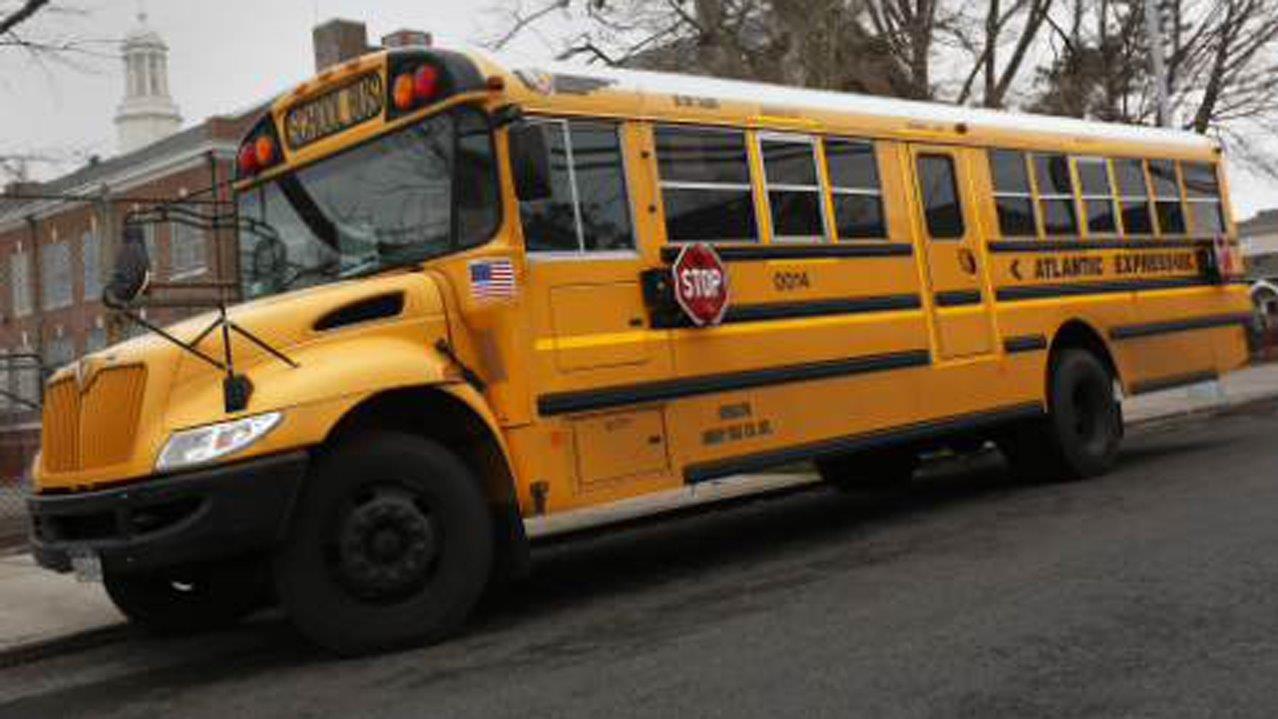Back to school crisis: Lack of school bus drivers plagues the nation
School bus companies in the United States are spinning their wheels in an effort to get more drivers hired before the start of the school year.
Every company that responded to a School Bus Fleet magazine survey of the top 50 school bus contractors said they had a shortage of some kind. Most (54%) faced a “moderate” shortage, while 22% said theirs was “severe.” Nineteen percent said they have a “mild” shortage and 5% said their company was “desperate.”
The lack of drivers is leading to an increase in advertising dollars spent on billboards, fliers and social media, as well as implementing incentives such as signing and referral bonuses. Companies are also striving to improve corporate culture and creating a retention program, the survey found. Data from respondents showed the average starting pay for drivers rose 66 cents from last year.
In order to become a school bus driver in Pennsylvania, for example, one must complete a minimum of 20 hours of school bus-specific instruction—14 hours in the classroom and six hours in-bus. The driver almost must pass a road test and pass criminal and child abuse history checks, among other paperwork and exams, USA Today reported.
Earlier this month, the state of Hawaii suspended and consolidated school bus routes on Maui due to a shortage of qualified drivers.
“We have explored all options and have been unable to assist in securing licensed drivers for these critical routes,” Assistant Superintendent Dann Carlson said in a statement, adding that the routes would be restored when the required number of drivers is met.
Carlson said the Department of Education spoke with the mayor of Maui about the possibility of using the county bus system, however it was determined that it could not handle the increased number of riders.
“We spoke and brainstormed with Mayor [Alan] Arakawa on solutions in hopes of finding a solution to prevent this situation, however, there are too many legal obligations for outside parties to engage. It’s disappointing, but this is the reality,” Carlson said.




















